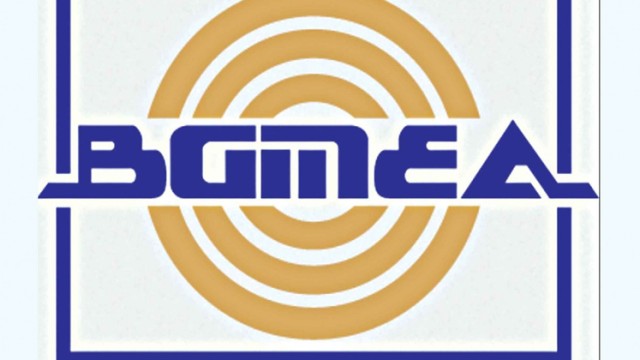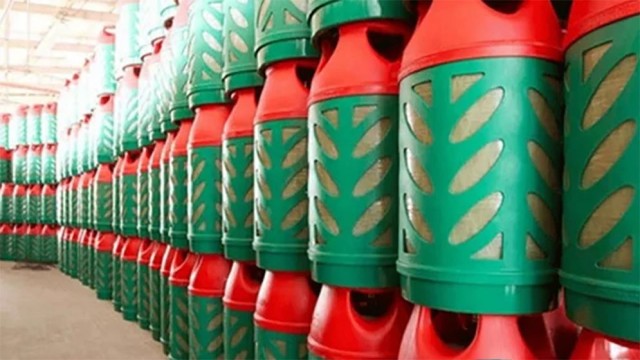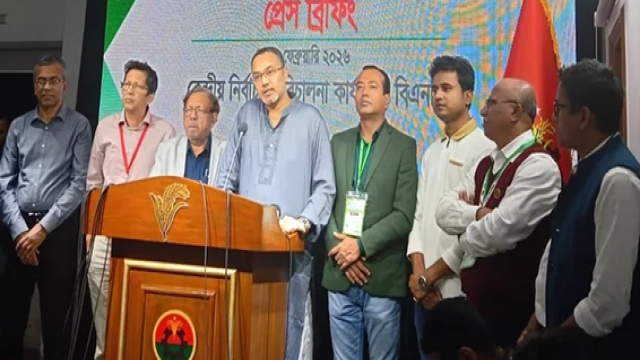Dhaka, July 2 (V7N) — The Bangladesh Garment Manufacturers and Exporters Association (BGMEA) has called for the establishment of an independent ministry for the textile and ready-made garment sector. They argue that moving the apparel industry out of the broader Ministry of Commerce would streamline services and help increase export earnings. The request was formally made to the Investment Development Authority of Bangladesh (BIDA).
During a meeting on Monday between BGMEA leaders and BIDA Executive Chairman Chowdhury Ashik Mahmud Bin Harun, the association’s president, Mahmud Hasan Khan Babu, stressed that geopolitical instability, U.S. reciprocal tariffs, India’s cancellation of transshipment, high bank interest rates, and frequent increases in gas and electricity prices are major challenges facing the industry. He requested ongoing support from BIDA to help the sector overcome these obstacles.
Chairman Harun praised the contribution of the garment industry to the national economy and assured BGMEA of continued government-private sector partnership and support.
The meeting, held at BIDA’s Agargaon office, was attended by BGMEA Vice Presidents (Finance) Mizanur Rahman and Vidiya Amrit Khan, Director Samiha Azim, BIDA Executive Member M.M. Mokhlesur Rahman and BEZA Executive Member Saleh Ahmed, among others.
BGMEA President Babu proposed consolidating scattered small and medium garment factories in Chittagong into a single integrated apparel industrial zone. He requested BIDA and BEZA to allocate nominally priced land in Chittagong for this purpose. Chairman Harun responded by forming a committee to develop a plan within a week.
BGMEA also emphasized the need for renewable energy and recycling initiatives in the sector. They highlighted the importance of renewable energy—particularly solar power—and called for policy frameworks, technical support, and financial incentives. The federation urged authorities to recognize the vast potential in garment waste recycling and requested tax exemptions and broader labor oversight for informal workers in this area.
Additionally, the BGMEA proposed extending the current three‑month loan classification grace period to six months, and described the bond audit process as time‑consuming, onerous, and a serious barrier to daily export operations. They requested transparency through outsourcing bond audits to a pool of twenty authorized firms.
END/MRB/SMA/






























Comment: